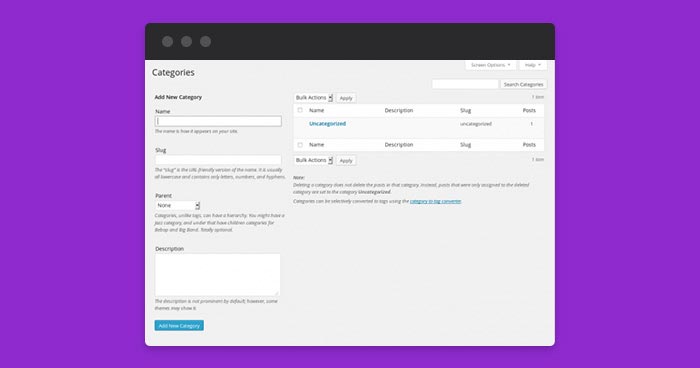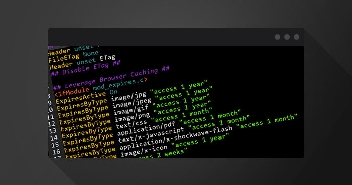
The the_category() template function is often used in WordPress theme development. It displays the parent category and any child categories. In several instances, this function could generate a long list. The problem becomes important when a website has a large number of categories and subcategories. In such WordPress get category cases, the_catagory() function often create a huge list that is often less than useful for the task.
Get Specific Post Category
The following code will get the category of a specific post. Please note that you have to add this code to either content-single.php or single.php
<?php $taxonomy = 'category';
// ID Gets which assign post
$post_terms = wp_get_object_terms( $post->ID, $taxonomy, array( 'fields' => 'ids' ) );
// Links seprator.
$separator_link = ', ';
if ( ! empty( $post_terms ) && ! is_wp_error( $post_terms ) ) {
$term_ids = implode( ',' , $post_terms );
$terms = wp_list_categories( array(
'title_li' => '',
'style' => 'none',
'echo' => false,
'taxonomy' => $taxonomy,
'include' => $term_ids
) );
$terms = rtrim( trim( str_replace( '<br />', $separator_link, $terms ) ), $separator_link );
// show category post.
echo $terms;
} ?>
Get Subcategory from Parent Category
First, get the subcategory from the parent category for a particular post. Next, add the following code in the post template where the index and archive post loop start. You could also add this code after the title.
<?php
$taxonomy = 'category';
// ID Gets which assign post
$post_terms = wp_get_object_terms( $post->ID, $taxonomy, array( 'fields' => 'ids' ) );
$post_terms_specific = array (1);
$result_post=array_diff($post_terms, $post_terms_specific);
// Links seprator.
$separator = ', ';
if ( !empty( $result_post ) && !is_wp_error( $result_post ) ) {
$term_ids = implode( ',' , $result_post);
$terms = wp_list_categories( 'title_li=&style=none&echo=0&taxonomy=' . $taxonomy . '&include=' . $term_ids );
$terms = rtrim( trim( str_replace( '', $separator, $terms ) ), $separator );
// show category post.
echo $terms;
}
?>
Name of Category Get by ID
<?php //First Method $id_name= '22'; echo get_the_category_by_ID($id_name); //Second Method echo get_cat_name(22); ?>
Description of Category (Through ID)
Category slug is the URL name of that category:
<?php $id_description = '22'; echo category_description($id_description); ?>
Description of Category (Get by Slug)
Category slug is the URL name of that category:
<?php
echo category_description( get_category_by_slug('uncategorized')->term_id );
?>
Category Link (Get by ID)
You can generate a link to a particular category using the id. Use the following code:
<?php $id_link = '1'; $categorylink = get_category_link( $id_link ); echo esc_url($categorylink); ?>
Wrapping up!
In this article, I discussed how to get specific post category, subcategory from parent category, category name by ID, category description by ID and category link by ID.
If you need help with the code or would like to add to the discussion, do leave a comment below.
Owais Alam
is the WordPress Community Manager at Cloudways - A Managed WooCommerce Hosting Platform and a seasoned PHP developer. He loves to develop all sorts of websites on WordPress and is in love with WooCommerce in particular. You can email him at [email protected]


